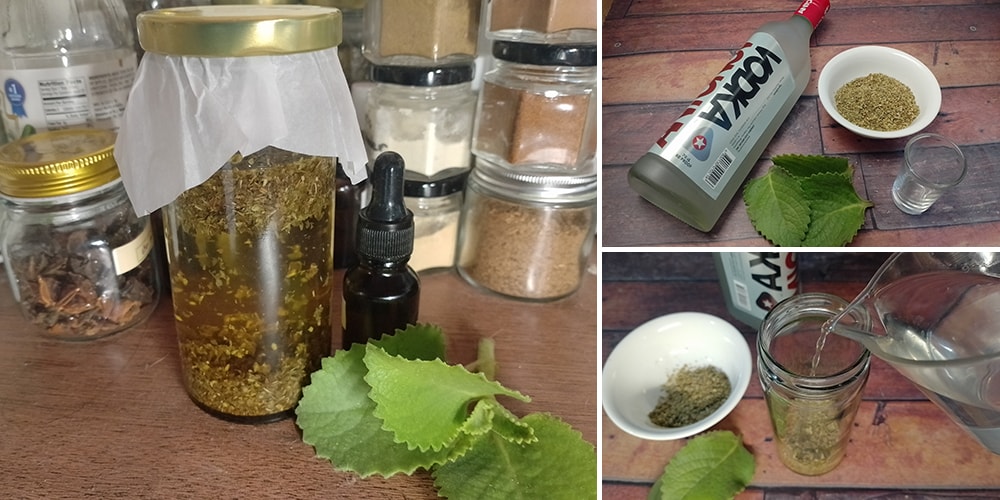
The Lung Tincture
Our lungs are susceptible to various illnesses, especially when bombarded by too many and too frequent airborne exposures. These illnesses are also very easy to spread, which can render anyone vulnerable. Respiratory problems are the last thing we want but is always the first thing to welcome us at the turn of every season.
Keeping the lungs healthy requires a supportive lifestyle. At the most basic, we need a healthy diet, regular exercise, smoke and dust-free living and proper hygiene.
If you have chronic respiratory problems, taking lung tonic herbs is a good option. There are a lot of herbs that are beneficial in boosting lung health. You can find these herbs anywhere – from the meadows and pathways to grocery stores.
The Best Herbs for Lungs
Our lungs are prone to unavoidable pathogens. Thus, the best herbs to support its functions are those that contain excellent antiviral and antimicrobial properties.
Oregano. Also called wild marjoram (Origanum vulgare), is a lung-detoxifying herb that helps clear the respiratory tract. Compounds like carvacrol and terpenes are present in oregano and are responsible for cleansing the lungs. It expels phlegm, mucus, bacteria and irritants from the lungs to cure cough, cold and related illnesses. Oregano is also considered an effective herb for managing asthma.
Peppermint. Menthol, a compound present in mint plants like peppermint (Mentha piperita), is an effective expectorant. Taking peppermint tincture or inhaling its steam can loosen up even the dried mucus in the lungs. It is also an antispasmodic plant that relaxes the bronchial muscles.
Lungwort (Pulmonaria officinalis) is called such because its leaves resemble the lungs. It is also a traditional herb that herbalists use in treating lung disorders. It can cure bronchitis, pneumonitis, pulmonary fibrosis, tuberculosis and many other respiratory diseases. Lungwort is also efficient in removing tar that builds up in the lungs of smokers.
Mullein. Burning the leaves of great mullein (Verbascum thapsus) brings relief to nasal congestion. This bitter and astringent herb can cure a wide range of diseases and support lung health. Mullein is also an effective immune-boosting plant to help the body fight the infection that attacks the respiratory system.
Nicole’s Apothecary has a potent tincture for lung health that contains both Lungwort Lichen and Mullein. You can find it here.
Marshmallow. The root of the marshmallow plant (Althaea officinalis) is a good remedy for whooping cough, pleurisy and asthma. This mucilaginous herb coats the airways to reduce the soreness and spasms of the bronchial tract. It clears out and loosens the mucous while preventing bacterial growth and alleviating throat irritation.
Plantain (Plantago major) is a soothing herb that can be prepared as a healing lung tincture. It is an effective expectorant that aids in the treatment of cough and lung inflammation. Plantain is best for chronic bronchitis and asthma. It is also great in relieving symptoms of a cold.
Ginger. It is easy to source and you can get most of its benefits from food and drinks. Ginger can also be made into oil and tincture. This is a good way to extract its healing properties and make it more effective. A tincture of ginger helps relieve respiratory problems as well as allergies and hay fever.
White horehound (Marrubium vulgare) is one of the effective herbs against respiratory diseases. It is often used for treating cough, chest congestion, lung inflammation and related problems. This bitter and astringent herb can be taken as tea, infusion or tincture to bring immediate relief against breathing problems.
Thyme (Thymus vulgaris) is one of the common kitchen spices that can be used as a remedy for respiratory disorders. Its tincture is best for alleviating coryza, whooping cough, laryngitis, asthma and bronchitis. Thyme possesses an excellent antimicrobial property that helps inhibit the growth of bacteria and treat pneumonia.
Elecampane. Inula helenium, or Elecampane, is a bitter and acrid herb considered one of the best herbal remedies for lung problems. Elecampane tincture has a warming effect on the lungs that relieves cough and expels phlegm. It is highly valued in Ayurvedic and Traditional Chinese Medicine for its effectiveness in treating many respiratory conditions.
Making a DIY Lung Tincture
Single-herb tinctures are also good since they are versatile. You can use it too when you want to combine different herbs in the future.
A lung tincture is easy to prepare. Most tinctures take at least 2 weeks to steep, while some require longer steeping.
For this recipe I used Cuban Oregano, which is not a true Oregano variety but it’s great herb for the respiratory system, helping with ailments like bronchitis, allergies, asthma, colds, and coughs.
The ratio in preparing a tincture is 1 part dried herb to 5 parts alcohol. If you are using fresh leaves, add 2 parts vodka for every 1 part fresh herb, considering the water content of the fresh plant.
I always prefer using dried herbs when preparing a tincture. The moisture in fresh herbs can cause mold to grow, especially if glycerin is used instead of alcohol as a menstruum.
My Tincture Recipe for Healthy Lungs
You will need:
- 1 oz dried and finely chopped oregano leaves
- 5 oz 80-proof vodka
- A glass jar
- Parchment paper
- Amber bottle with dropper
Steps:
- Fill the glass jar with the dried oregano leaves.

- Add the vodka into the jar, making sure that the herbs are fully covered.

- Place a parchment paper over the mouth of the jar and seal it tightly. Keep it in a cool and dark place for at least 3 to 4 weeks, shaking the jar regularly.

- After steeping, strain the oregano and transfer the tincture into a bottle.

How To Use
Dispense one to two dropperfuls of the oregano tincture into a glass of water or any beverage to dilute it. You can also take it directly if you can tolerate the strong tang of the vodka. Just dispense the tincture under your tongue and hold it for about a minute before swallowing. This process allows the tincture to be absorbed into the bloodstream much quicker.
The best way of taking tinctures is on an empty stomach, or in between meals, three times a day. If you intend to use oregano tincture in children, you may replace the alcohol with vegetable glycerin.


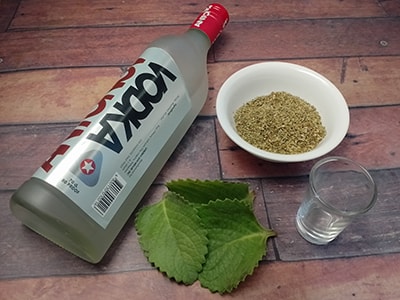
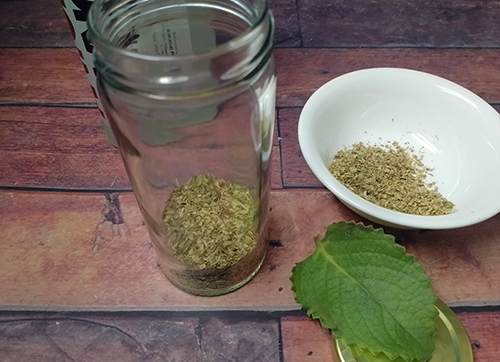
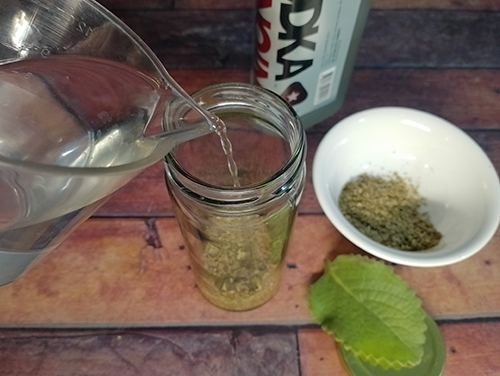
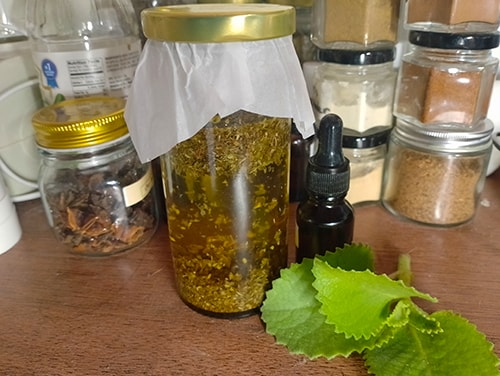
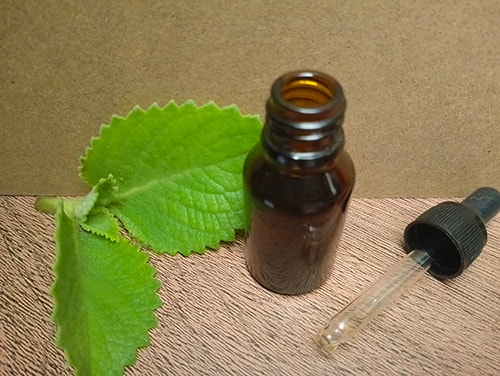
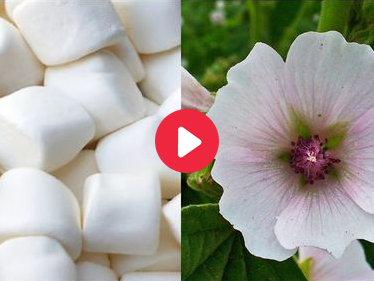
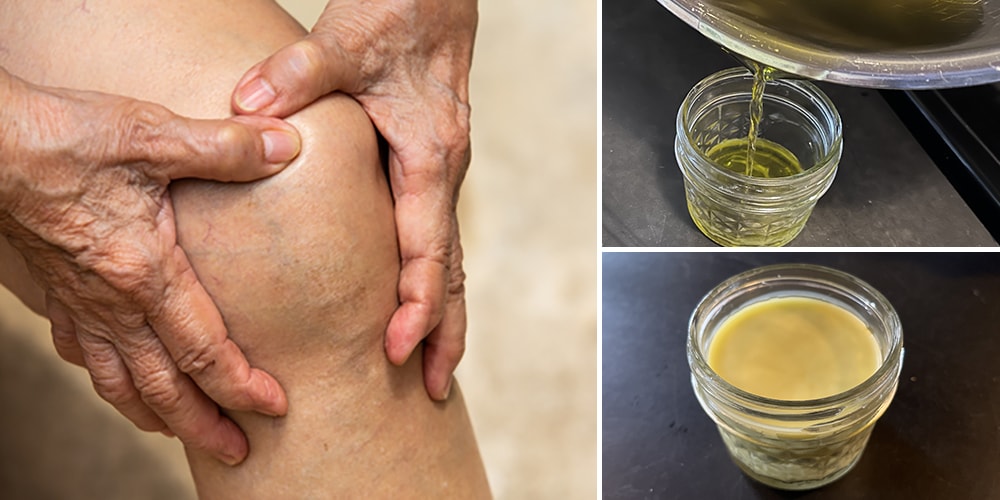
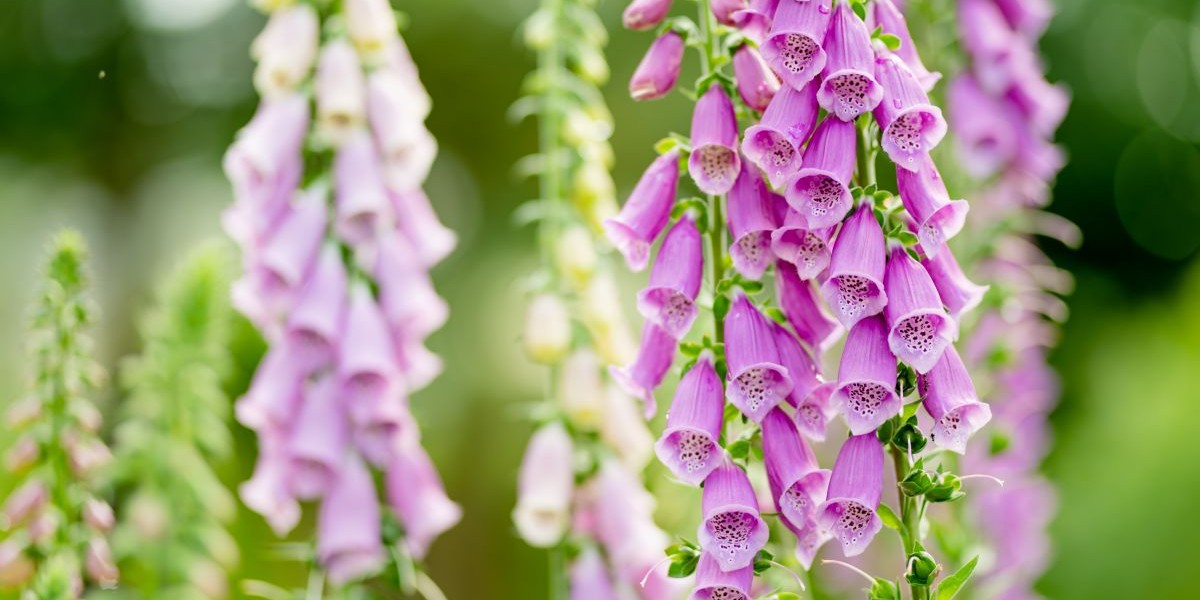

Can I use more than 1 dried herbs?
What’s the ratio if I use more than 1 dried herbs?
I would assume the ratio as above would still apply “The ratio in preparing a tincture is 1 part dried herb to 5 parts alcohol. If you are using fresh leaves, add 2 parts vodka for every 1 part fresh herb, considering the water content of the fresh plant.”
Thank you, Leanne.
I make larger batches of tincture, so i use 100gms. of dried herb to 5 cups of alcohol
can multiples of the herbs above be used for the tincture?? What would the herb to vodka ratio be per herb?
Yes, I would like to know this too. I grow both oregano and thyme and would like to use both. Also, it it better if the herbs are fresh?
Above says dried is better
use double amount for fresh
I am interested in information for young children with congestion and cough
What is the best substitute for alcohol with all of these recipes?
Food grade vegetable glycerin or apple cider vinegar.
Thanks, Huxley!
Can you also make it with honey for kids?
For kids, you can make an elixir by adding honey to a non-alcoholic tincture.
it can be infused into a MCT oil I use the Sous vide method!
Can I also make an extract in honey? So leaving dried mullein in honey?
Yes, that would be mullien infused honey. After it’s done you’ll want to strain all the mullien from the honey to be sure there are no tiny mullien hairs left behind.
How would you make the Mullen infused honey?
Can I use apple cider vinegar?
yes
One dropper full is equal to what? What size dropper?
a standard dropper is about 1ml
What is the shelf life of this tincture?
Alcohol-based tinctures have an unlimited shelf life and do not require refrigeration if stored in a cool, dark location. Tinctures that are vegetable glycerine-based do not need to be refrigerated and can last from 3-5 years. Vinegar-based tinctures are recommended to be refrigerated, and can last up to a year. They can also be stored in a cool, dark cupboard.
Do you know if this tincture is okay to use for sacoidosis?